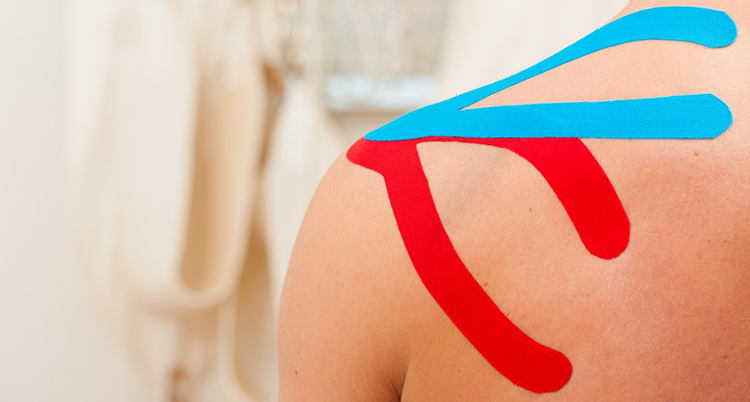Bach flower remedies (also referred to as Bach flowers) are a popular complementary therapy. Bach flower remedies are usually considered to be a homeopathic treatment, but they are technically a bit different. Traditional homeopathic therapies are usually designed specifically to treat both physical and mental or emotional ailments. Bach flower remedies, however, focus mainly on emotional and mental symptoms that underlie physical symptoms.
The Origins of Bach Flower Remedies
Bach flower remedies were created by Dr. Edward Bach from England. He was born in 1886. After doing his own studies and investigations, Bach came to the conclusion that the ability to change emotions and mental states could help resolve physical symptoms and disorders. Each of his flower remedies was meant to address specific emotions and mental states.
What are Bach Flower Remedies?
There are 36 different Bach flower remedies. They can be taken individually or more than one can be mixed together, to best suit the needs of the patient. While there does not appear to be scientific proof that taking Bach flower remedies can help with any specific physical problem (such as musculoskeletal conditions), many people do feel that determining what your underlying emotions are that might be contributing to your illness and then taking Bach flower remedies to address those emotions can be effective in helping to alleviate physical symptoms. For example, if stress and anxiety might be factors in your back pain, you could take Bach flower remedies to help alleviate the pain.
Bach flower remedies are made in tincture form. They contain the pure essences of whichever flower or plant you are taking. You should be aware that they tend to contain alcohol. This is needed as a preservative.
Below are some examples of Bach flower remedies:
- Mustard: Mustard flower remedy is for people who feel sad on a consistent basis, no matter how pleasant the circumstances might be.
- Scleranthus: Scleranthus flower remedy is for those who suffer from relentless inability to decide. This probably applies to choices that need to be made on very basic matters, like what to have for lunch.
- Willow: Willow flower remedy is for patients who feel bitter and resentful. They tend to have a negative perspective on life.
- Aspen: Aspen flower remedy is given to people who feel fearful, even when there does not seem to be any reason for fear.
- Cherry plum: Cherry plum flower remedy is helpful for people who are chronic worriers. One of their most troublesome worries is the idea that they could hurt someone they care about if their anger ever got out of control.
- Elm: Elm flower remedy is meant for those who have trouble believing in themselves and their abilities. These people tend to become discouraged quite easily.

Bach Flower Remedies: A Unique Complementary Therapy Option
Bach flower remedies might be helpful in dealing with your physical symptoms. If you have musculoskeletal problems, it is possible that your emotions and mental states are a contributing factor. Think about trying Bach flower remedies to try to address and neutralize your emotions.




Can they be used for fear of flying?